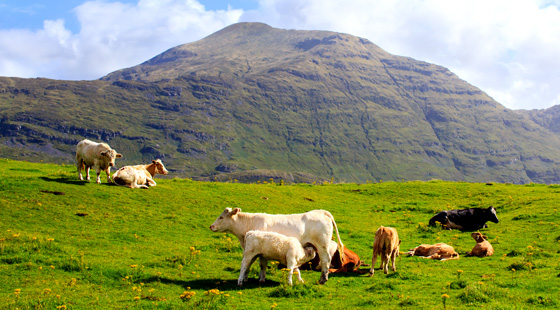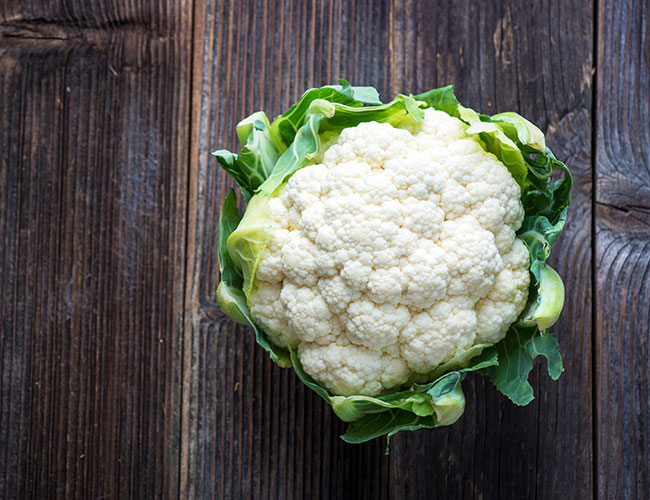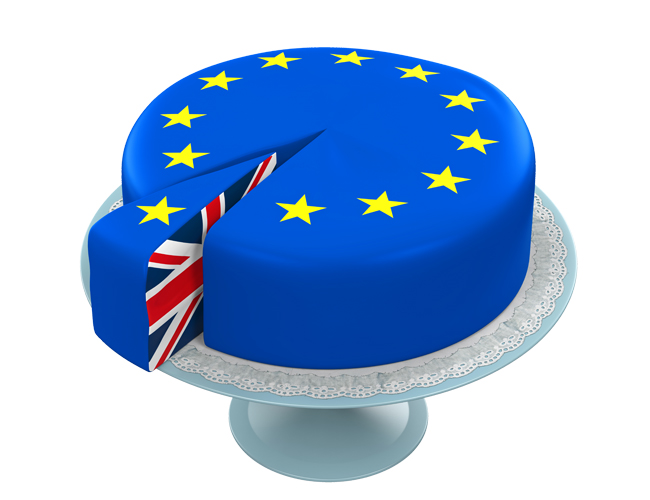The route to better buying: how to drive prices down
Supplier prices will be rising in the next few months, but some may be taking advantage and blaming it on everything from Brexit to bad weather. Elly Earls finds out how operators can drive their prices down
Industry predictions of the price rises hospitality operators can expect this year range from 3% to 5%, with some categories set to experience much higher inflation. The drivers behind the rise range from macro trends, such as Brexit, which has shaken global confidence, devalued the pound and affected the cost of imports, to poor weather conditions and disease outbreaks. On top of this, the National Living Wage and pension auto-enrolment have put pressure on costs in the UK.
"It's almost a perfect storm," says Richard Judge, head of commercial operations at Beacon Purchasing. "The price increases are being driven by multiple factors."
The list of affected products is long and shows no sign of shrinking. While seafood such as salmon, cod, haddock and tuna has experienced supply shortages, the former mainly because of disease outbreaks in Norway and Chile, vegetables, including lettuce, courgette, broccoli and tomatoes, have also shot up in price, largely due to the weather crisis in southern Europe. In fact, according to Pelican Procurement Services, lettuce has seen a price increase of up to 144%, courgettes up to 56%, broccoli up to 120% and tomatoes up to 53%.
Coffee, chocolate, wine, spinach, cauliflower and other leafy crops have also seen rises, thanks to unfavourable exchange rates, poor weather conditions and disease. As well as this, the price of UK dairy products has increased owing to a variety of factors to do with the structure of the dairy market.
Some prices rises are clearly unavoidable, but there are also many measures operators can take to mitigate against the worst, starting with resisting the temptation to shop around.
"This implies short-term relationships and is breaking up your basket. In our experience, shopping around for food might look like it's effective, but ultimately, it isn't," says David Read, chairman at Prestige Purchasing. "If you were buying two products from one supplier and you decide to buy one from a different supplier, the cost of distribution effectively doubles. Plus, the new supplier is likely to try to put the price up as soon as they have won the business, while the other supplier will also want to put the price up, as you're only buying one product from them."
Instead, work out what level of price increase is acceptable by challenging your existing suppliers. "Ask what they are doing to mitigate these price increases," says Brian Smith, head of procurement operations at Pelican Procurement Services. "For example, do they have any business efficiency projects? Are they changing their recipes?"
"If suppliers use Brexit as the reason behind price increases, find out what impact the Brexit decision has actually made to their businesses and the prices they are proposing. If the supplier sources are from the UK, currency fluctuations should not be the reason behind the price increases."
It's also advisable to work in partnership with suppliers on supply chain efficiency projects, make sure you are only buying products on your agreed list (many firms are charged more when they buy products outside the list, says Smith), and ensure that all contracted prices are being adhered to by the supplier by checking for any invoice discrepancies.

re's also a strong argument for the ‘safety in numbers' approach to purchasing, according to Mike Haslin, chief executive officer at the University Caterers Organisation (TUCO). "At TUCO, we offer a number of sector-leading frameworks, which help our members and other organisations in the public sector secure the best deals. TUCO acts in essence as a gatekeeper, ensuring that price rises are evidenced and justifiable. However, operators also have a role to play. They should ensure they are completely familiar with their ‘basket of goods' and, where possible, take advantage of core pricing; rationalisation of the product ranges and a firm understanding of the many additional incentives that our agreements provide in leveraging best value."
In it for the long haul
The most effective way to mitigate increases is through establishing and nurturing long- term supplier relationships. At Kew Green Hotels, there have barely been any increases from its long-standing suppliers. "Back in 2007, we managed to get through by having long-term relationships with suppliers. It's been interesting post-Brexit to see how they would react," says director of food and beverage operations Matthew Collins.
"We haven't seen any increases from our meat supplier, which has been fantastic, and while we have seen increases from our drinks supplier, they have been very supportive in mitigating them. For example, we've changed the wine lists, taken certain product lines out or swapped them."
For Read at Prestige Purchasing, step one in establishing mutually beneficial relationships with suppliers is to choose the right one. "When we select suppliers for our partners, often we pay a lot of attention to the culture of the business and the culture of the supplier, because if you want a long-term relationship, the supplier needs to take a long-term view."
Once established, it's crucial to cultivate a strong relationship. "This includes creating a win-win situation for both parties - each should achieve value from the relationship," Smith says. He adds that critical to the longevity of the relationship is communication and development. "This will drive success within the relationship, irrespective of market conditions."
What Brexit might mean for food costs According to procurement firm PSL, it is still too early to make hard and fast predictions about the implications of Brexit on future food trends, as there are so many variables to ponder. However, it does warn that access to such a wide variety of products may be negatively affected.
"Some established facts pre-date the referendum campaign and can reasonably be taken as solid ground," says PSL managing director Daniel Wilson. "Projections made by the National Farmers' Union in 2015, for example, indicated that the UK, already a net food importing country, will need to import more than half of its food within a generation."
He also cites analysis from Rabobank's Food and Agribusiness Research and Advisory department, which predicted that independence from Europe is likely to mean no more easy access to an abundant food market, nor untrammelled opportunities to sell to a 500 million-strong consumer market.
Wilson adds: "However, redirection of food flows can also result in prices going down and less regulation from Brussels may have advantages. In October, the Institute of Economic Affairs (IEA) produced a report suggesting that Brexit would enable the UK to avoid what it called 'costly agricultural regulations' stemming from Brussels, as well as making it easier for Britain to buy food from around the world.
"According to the IEA, both would serve to bring food prices down, as well as freeing British agricultural productivity from "being constrained by the sheer volume and intrusiveness of regulations," under the Common Agricultural Policy.
Wilson advises operators to review three key areas to mitigate the impact of food inflation: quantity, price and revenue.
How to beat supplier price rises
Menu design
- There are a number of simple tweaks that can be made to menus that can have a big impact on the simplicity and stability of the supply chain, thereby reducing costs:
- Don't change menus simply for the sake of it.
- Make sure you're using only one version of each product (for example, don't order jars, buckets and tubs of mayonnaise in different flavours from different brands)
- Don't over-specify products when it's not necessary
- Look for home-grown products that won't be subject to exchange rate issues.
Fix the prices
Fixing prices allows operators to generate price stability. "Typically [price-hold periods] will be three months for fresh produce, as this allows you to maintain stability while taking advantage of seasonal price variations - for example, buying English salad in the summer when prices are low and supply is high," says Brian Smith, head of procurement operations at Pelican Procurement Services. "Other food categories should be price-fixed for six months," he adds.
Safety in numbers
Working with third-party consortiums is a route all operators should consider. Not only do these companies offer experience and economies of scale, they allow operators to buy everything from food and drink to fixtures and fittings.
"Working with a consortium gives you access to a large number of people who are negotiating and trying to lessen the impact of price rises as far as humanly possible," says Richard Judge, head of commercial operations at Beacon Purchasing.
Talk to your supplier
Once a partnership has been established, it's absolutely crucial to manage that relationship carefully, according to David Read, chairman at Prestige Purchasing.
"Review how the supplier is doing, meet with them formally once or twice a quarter to talk about what is working and what isn't, and explore ways both of you can make more profit," he says.












